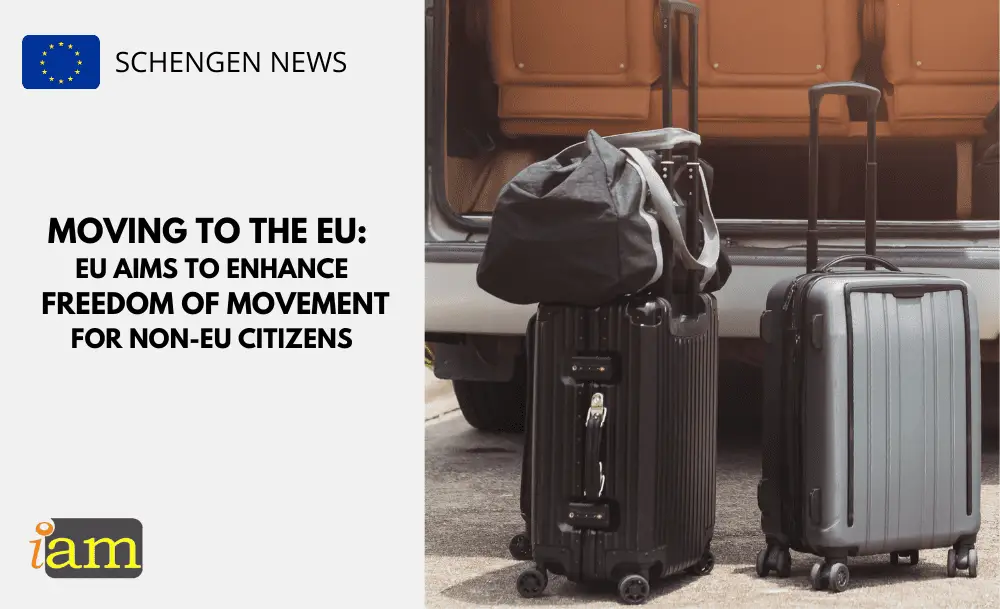
WHO COVID-19 Update: End to Global Health Emergency
Covid-19 no longer represents a global emergency, the World Health Organisation (WHO) declared on 05 May 2023. The announcement represents a symbolic step towards the end of a pandemic that has taken millions of lives and disrupted billions of others. Lowering it demonstrates the extent of international progress on vaccines and treatments, but Covid-19 is…
Read more







